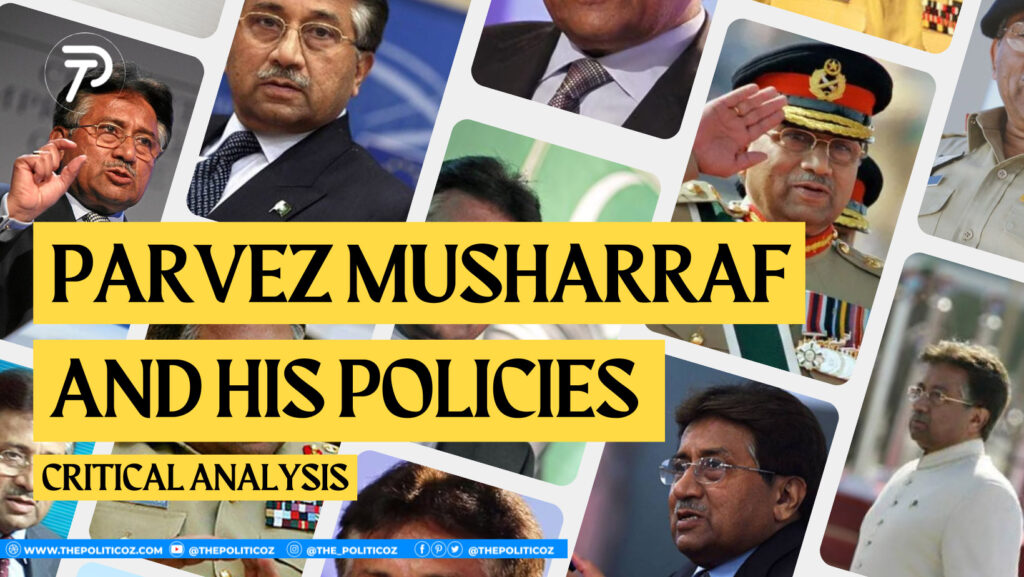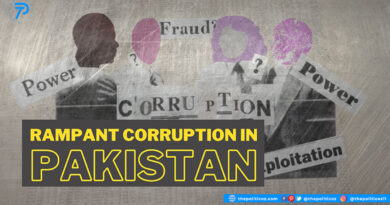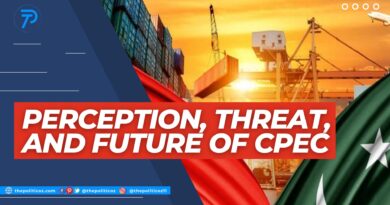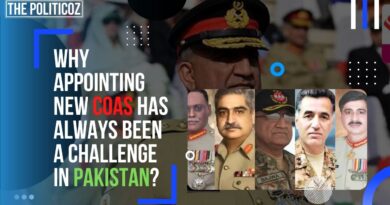Democracy in Pakistan: The Dark Side of Political Competition and Corruption
Introduction
The Politics of Pakistan is shaped by its history as a modern nation in these days. The partition of India and Pakistan created two main challenges: the major involvement of military and the weak performance of Pakistan’s major political parties. These both challenges have planted the roots in the Muslim league movement, which raised the demand for a separate country for Muslims. This demand was purely based on the two-nation theory. This theory declared Muslims and Hindus as two different nations and cannot live together in a democratic united India. However, this theory was political strategy than a religious difference. For Muslims all this was to take care of being minority in the united India.
The process of partition was not smooth at all. It was very difficult to face Britishers and the Hindus at the same time. Because they did not give at least required resources and territory. It was also insecure, as the territory was divided into two parts by India. These challenges compelled Pakistan to focus on its rivalry with India as an only way to define itself. This act made Pakistani military the most influential and powerful institution in this country.
Democracy in Pakistan: Public Opinion and Corruption
Democracy of Pakistan has faced many challenges from its security forces. Early problems such no unified force, 8 years, drafting first constitution and 1958 coup and what followed in 1971 and in onwards specifically political chair 1988 to 1999 From 1988 to 1999, every democratic government that came into power was removed by the military. It was not by using the president’s power to dissolve the government but by staging a coup. The Political parties also lost public support and faith. Those who were accused of corruption and poor governance, were never brought to justice.
Since years, Pakistani people have switched their preferences between the democracy and the military. They have become disappointed with both governing bodies for not meeting their expectations. However, after the end of Musharraf’s dictatorship in 2008, Pakistan seemed to embrace democracy more firmly. A Gallup poll in June 2016 showed that 84 percent of the people wanted democracy over dictatorship. But Sharif’s removal from office by the Supreme Court last month, based on his hidden wealth revealed by the Panama Papers, also reflected the public’s distrust of his honesty (the military, meanwhile, still enjoys a reputation of being clean and competent).
Dynastic Politics and Patronage:
Democracy of Pakistan is more influenced by some common beliefs that people have about it: that Pakistani politicians have stuck in their positions, inherit their power from their families, exploit the poor, and cheat the system, and no one want to leave his position. They use this influence and power to reward their political workers and voters with jobs and benefits in exchange for votes. This idea is considered as “Qaum Parasti” (the term that defines a specific community).
Elections In Pakistan
Democracy of Pakistan is based on some common facts that we can learn from the elections. Firstly, it seems like there are many parties in competition for votes. Election Commission of Pakistan has 175 political parties registered with it, however only six parties have more than ten seats in the parliament (out of 342 seats), and eighteen parties have only one seat.
Three parties are the main players: The Pakistan Tehreek-e-Insaf (PTI), Pakistan People’s Party (PPP), and the Pakistan Muslim Leage -Nawaz (PML-N). These three parties are exchanging power for one another.
Family Politics of Pakistan
Democracy in Pakistan is badly affected by the role of family ties in politics. Cheema et al. (2013) studied the Pakistani politicians in Punjab, (it has 148 seats out of 272 in parliament the people elect directly). The multiple politicians had many relative running for national or provincial elections from 70s to 2008.
They get to know that Punjab province had so many dynastic politicians. However, that’s not all. They also found that there was a healthy competition between families for the same seats. When a dynastic politician competes against the non-dynastic candidate, the dynastic candidate wins mostly.
Not only family politics affected the democracy in Pakistan, but feudal lords and those who have a lot of money to invest in (as Jahangir Tareen did in 2018 elections). The Feudal lords controls most of the rural areas of Pakistan, be it Sindh, Balochistan or Punjab. Which directly affects the democratic process in Pakistan.
Pakistan has a long history of democracy which is fractured by the unwanted authoritarians and rulers. Although political parties continue to strive for it. Moreover, the democracy in Pakistan, at whatever strength, is way more desirable than any other form of government. This is because democratic government is accountable to the constitution. Finally, this article explained the uneasy history of democracy in Pakistan, accounted for the factors that assures the prosperous future of democracy in Pakistan.










